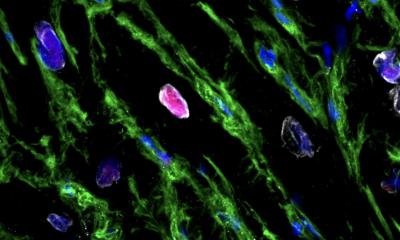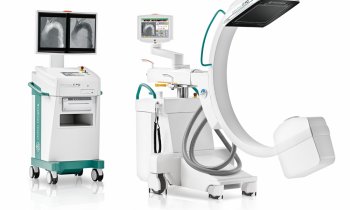Depression and Heart Disease
Two Dutch studies indicate that especially somatic and incident depressions are associated with poor prognosis in cardiac patients, which is very different from the 'typical' psychiatric depression that is usually characterised by cognitive and recurrent depressive symtoms.
Depression and heart disease are the two leading disorders with the strongest contributions to the global burden of disease. Depression and heart disease are also intertwined. In recent years, much attention has been given to depression following heart attack and its effects on prognosis. Several large scale studies have been undertaken (ENRICHD, SADHART, MIND-IT, CREATE) in which depression was targeted. Although we hoped that treating depression would result in an improved prognosis, these studies have not provided much evidence to support this position: effects on depression itself have been minor and did not translate into cardiovascular benefits. One of the reasons for these findings may be the heterogeneity of depression following heart attack, with some depression types being cardiotoxic and responding to treatment, and others not.
Two studies are discussed that were carried out across several hospitals in the Netherlands that will help us to understand the intriguing relation between depression and heart disease. 2,466 heart attack patients were assessed on depression and clinical characteristics during hospitalization and followed for more than 2.5 years. The results of these two studies show that it is important to distinguish between depression subtypes based on whether they are first-ever or recurrent, as these subtypes differ in cardiotoxicity and response to antidepressive treatment.
Moreover, those depressions may differ in symptomatology, and some symptoms may be more cardiotoxic than others. These results could lead to new treatment strategies to prevent future cardiac events, which may be quite different than those described in current guidelines for depression in the general population and could lead to more specific and effective treatments.
02.09.2008









